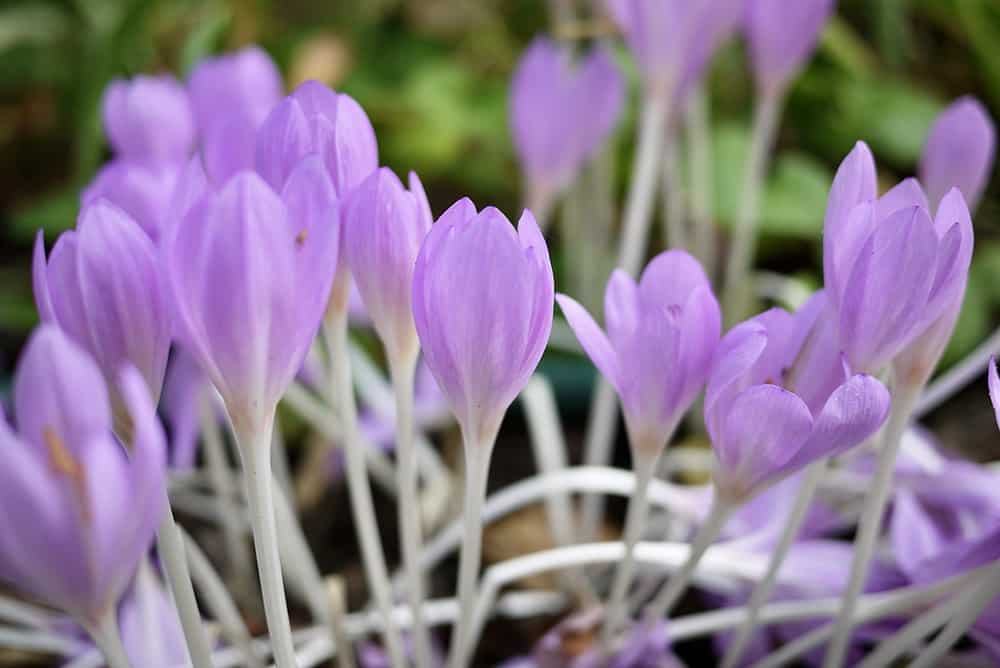Verse 10-1: The fuel of the passions
Part of a series of talks on the 41 Prayers to Cultivate Bodhicitta from the Avatamsaka Sutra (the Flower Ornament Sutra).
- Meaning of “passions”
- How the afflictions burn us
- Karmic danger of following desire
- Learning to identify our afflictions
- Daily application of the gātha
41 Prayers to cultivate bodhicitta: Verse 10-1 (download)
We’ll do the tenth of the 41 verses of bodhisattvas for cultivating compassion. Number 10 says,
“May all beings exhaust the fuel of the passions.”
This is the prayer of the bodhisattva when lighting a fire.
I’m not sure what word they were using for “passions.” What the Tibetan or Sanskrit word was. They could have been using afflictions (klesha), which is afflictions in general and refers also to anger and jealousy and pride and all of those. Or they might have been using the word that refers to lust and desire and translating that as “passions.” So I’m not quite sure which it is. In any case, it doesn’t matter much because the idea is when you’re lighting a fire to think “may all sentient beings exhaust the fuel of the passions.”
You could do it either way because fire is hot, fire burns, whether we have afflictions—the whole range of afflictions (whether that word refers to the whole range of afflictions or not). Even if it does, all those afflictions burning in our mind, they burn our mental peace, they burn our mental stability, they burn our good karma, they burn our virtue. And if they are talking about lust and desire and attachment here, then similarly that also, in the same way, burns our good karma, burns our peace of mind, burns our chance for liberation. So you could make it as broad or as narrow as you want. Like I said, I’m not sure on the exact word there.
The idea is really thinking about how when the afflictions enter our mind they do burn us. We’re terribly burned. And what’s the most pathetic thing about it is when we don’t realize that the afflictions burn us we jump into them as if they were a pool of cool, delightful water. “Oh attachment makes me feel so good! … Oh I’m in love with this wonderful person…. I’m getting the job I wanted and this is so good….” This, that, and the other thing coming into the mind, and we don’t recognize it as a defilement and we think, “Oh, this is fantastic! I feel so happy!” And that’s the pathetic part because we just follow along with the afflictions, not seeing what they really do to us.
If we stopped and we looked at our experience, what happens when we follow desire? It’s a setup to experience pain. Why? Because we are exaggerating the good qualities of the object of attachment. We’re completely painting something on the other person or on the object that isn’t there, so we are setting ourselves up for crashing when we eventually come to realize that that person is not as wonderful as our creative writing garbage mind made them out to be. And the object is not going to bring us the happiness we thought [it would].
The let-down comes so hard and so drastic, and then we create negative karma out of attachment because we do all these funny things to get what we want. And then we create more negative karma when we’re let down because we’re upset and we’re angry. So it’s a total setup for destroying our virtue and creating the cause for more and more suffering.
It’s so incredibly important, when afflictions enter the mind, that we identify them as such instead of identifying it as, “It makes me feel good!” We keep falling into the same ridiculous trap again, and again, and again thinking, “This time it’s not affliction, this time it’s different!” “This time it’s a Dharma practitioner so they really have all the good qualities that I’m projecting onto them.” Right? Big one. “All the other times I fell in love with somebody who wasn’t a Dharma practitioner, no wonder it went bad. This time I got a Dharma practitioner so they really are so virtuous.” And then our attachment just (grows). [laughter]
It’s so important to just recognize afflictions for what they are, and put out the fire.
Here it’s saying when we’re making a fire to think “may all beings exhaust the fuel of the passions. So here the passions are the fuel, you’re lighting the fire, they’re getting burned up. So whether we’re lighting the fire in the winter to heat the house, or turning on the stove here. Because most of the time people had fires lit all the time in ancient times, that’s how you cooked. So maybe when you turn on the stove here, thinking that may the fuel of the afflictions be exhausted in the minds of sentient beings.
Venerable Thubten Chodron
Venerable Chodron emphasizes the practical application of Buddha’s teachings in our daily lives and is especially skilled at explaining them in ways easily understood and practiced by Westerners. She is well known for her warm, humorous, and lucid teachings. She was ordained as a Buddhist nun in 1977 by Kyabje Ling Rinpoche in Dharamsala, India, and in 1986 she received bhikshuni (full) ordination in Taiwan. Read her full bio.

